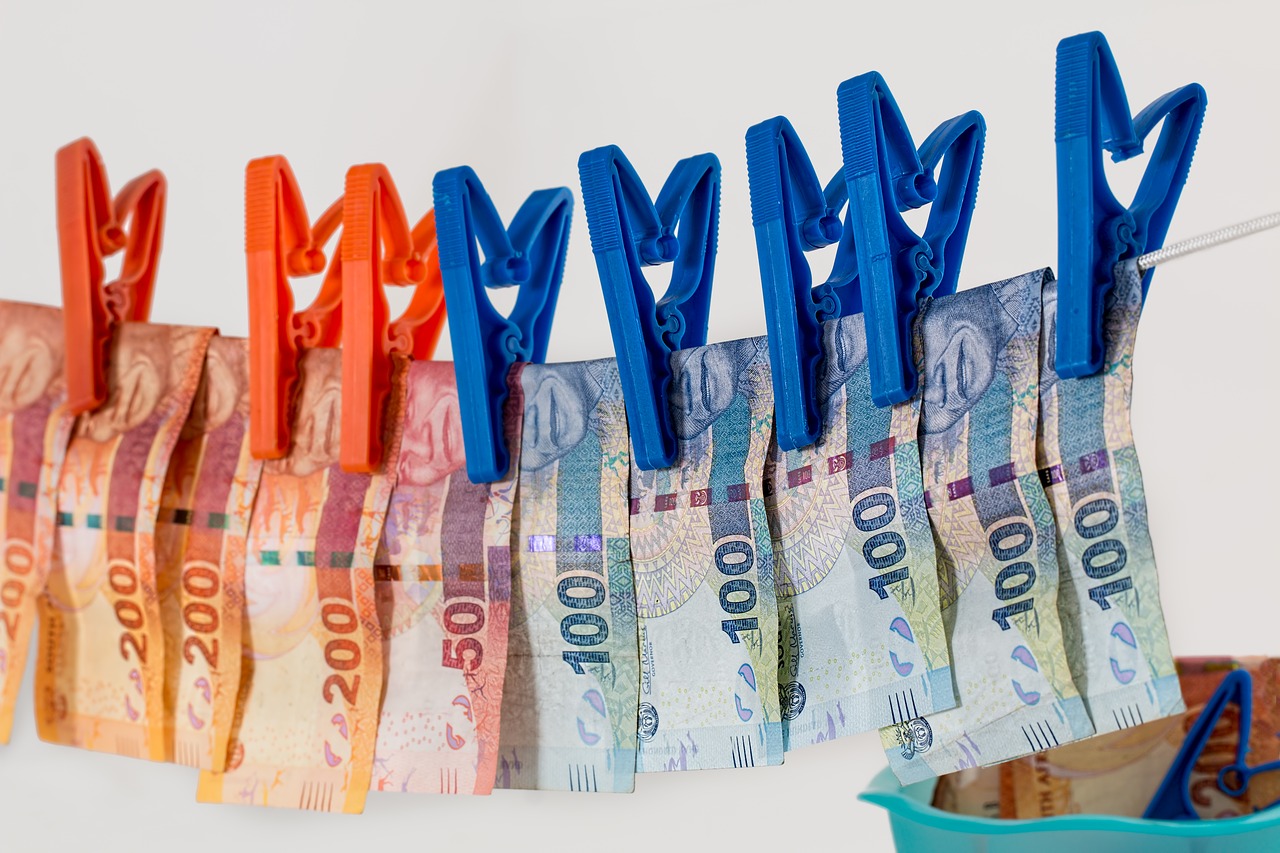Money laundering sounds like something out of the past, doesn’t it? At the very least, you expect it to belong in the world of gangsters and criminals: you don’t expect it to come in contact with your everyday life. Money laundering, however, could be going on right under your nose. It’s important to know what it is, what it looks like, and what steps you can take to prevent it.
What is it?
Simply put, money laundering is a way to get “dirty” money back into the system. If you stole a million dollars from a bank, you couldn’t walk out the next day and start spending it. Drug money, smuggling money, and other forms of dirty money need to go through a real business to become legitimized. Legal money can also be laundered, to hide a person’s income–especially as a method of avoiding income tax.
Where is it being done?
Despite how it may seem, money laundering isn’t being done by back-alley companies only. Large banks and other reputable firms have been caught money laundering, and with the rise of technology, it’s getting even easier for an illegal operation to trick big businesses into working with them. The business may not even be aware they’re working with dirty money.
Can it affect my company?
A money laundering scheme could be working through your company right now. Just because it’s happening doesn’t mean the CEO knows, or that the employees know. How? Because you might not know who you’re really doing business with. It’s important to stay up-to-date on the Anti Money Laundering Act and be aware that, unbeknownst to you, dirty money could be running through your system
How do I detect it?
Often, a money laundering business will act a little fishy. They may be making unusually large and unusually frequent transactions, taking unusual risks, or avoiding meeting you face-to-face. If you’re unsure as to whether a transaction is unusual, consider consulting an accountant to judge whether the figures are standard for that business model. If, after a consultation, they’re still looking shady, you can report the business to the National Crime Agency. They’ll take it from there.
With the rise of technology, it’s getting even harder to identify money laundering schemes. If a business isn’t meeting you face to face, you think less of it, since more and more transactions are being done online. As the numbers whizz by, it can be hard to stop and detect unusual figures in a business’s transactions. Be aware of money laundering and the role it could be playing in your company. Watch for the warning signs, and bring in consultation if a business you work with is taking strange financial risks or frequently performing transactions. If you think you’ve found a money laundering scheme, report it. Then, it’s out of your hands, and a proper investigation can begin.
